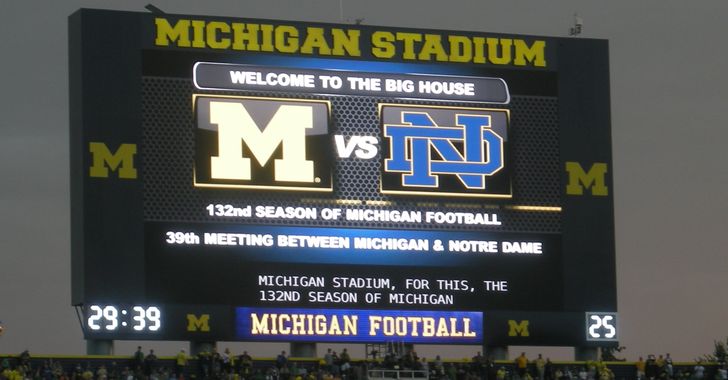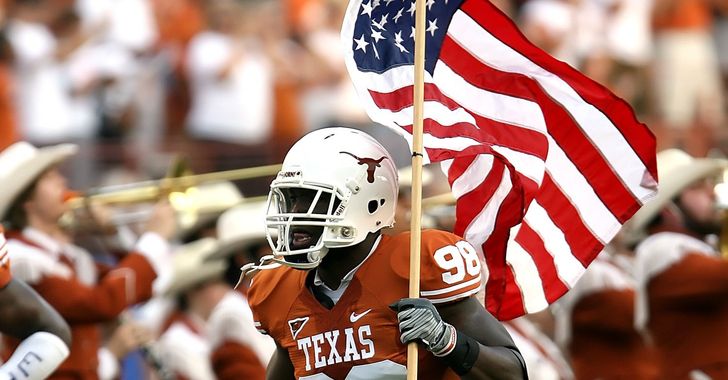In the movie "The Dark Knight," the Joker makes the observation that "nobody panics when everything goes according to plan, even if the plan is horrifying." This, at least to me, is a great way of understanding the War on Terror that the United States undertook after the attack on the World Trade Center on September 11, 2001. In all, 2,977 people were killed when terrorists hijacked four planes and rammed them into both WTC towers and the Pentagon, and when the passengers of the fourth plane rushed the cockpit, causing the plane to crash in a field in Pennsylvania before it could reach its target.
In no uncertain terms, the September 11 attacks were a tragedy, quite possibly the worst attack on the United States in its history. The response was clear. The United States needed to find those responsible and bring them to justice, stopping them from committing any similar acts in the future. Did we win?
The short answer is no, we didn't.
In fact, we're still at war with the Taliban 18 years after we invaded Afghanistan and removed them from power.
The long answer is that our response to 9/11 only inflicted more damage on the world hasn't fixed a damn thing.
The United States military invaded Afghanistan on October 7, 2001, roughly a month after the attacks. While the Taliban was removed from power relatively quickly, they didn't stop fighting against the American occupation or the new Afghan government that it propped up. Eighteen years later, thousands of troops are still stationed in the country. As of July 2018, 2,372 U.S. military personnel had died in Afghanistan, nearly as much as the amount that died on 9/11, as well as 31,000 innocent Afghan civilians.
Continuing the War on Terror, the United States invaded Iraq in March of 2003. Then-president George W. Bush said that their leader, Saddam Hussein, had weapons of mass destruction. He did not. However, this did not stop the U.S. military from killing Hussein and establishing a new democratic government in the country. But Hussein's death led to a power vacuum, and many radical groups attempting to seize power for themselves. One of these groups is the movement for an Islamic State in Iraq and Syria, also known as ISIS. Even today, roughly 5,000 troops still remain in Iraq. In all, 4,550 U.S. military personnel were killed, not to mention as many as 500,000 (!!!) Iraqi civilians according to some estimates.
Apart from the massive loss of life on both sides of these conflicts abroad, back in the United States the government used it as an excuse to massively curtail our rights to privacy and due process. The Patriot Act, signed in 2001, allowed the government to engage in surveillance of civilians without their consent, tapping phones and hacking into personal computers, even if these civilians had committed no crimes. The Guantanamo Bay Prison in Cuba was used to hold suspected terrorists indefinitely without a trial or a conviction. The TSA was created to scan all of your personal items, as well as your body, before allowing you on a flight. The War on Terror had the direct effect of virtually eliminating the concept of privacy in American life. Former FBI Director James Comey admitted as such when he said "There is no such thing as absolute privacy in America."
Two-thousand-nine-hundred-and-seventy-seven people were killed in the September 11, 2001, terrorist attacks. This is undoubtedly a tragedy and I am not and never will say that it isn't. But in our attempt to make things right after the attack, almost 7,000 American soldiers have been killed in the ensuing wars, along with hundreds of thousands of innocent civilians who had nothing to do with it.
The rights that we Americans champion so much that we were willing to go to war overseas to protect them have been eaten away in the name of national security.
But nobody panics, because it's "all part of the plan."









 Photo by
Photo by 









































